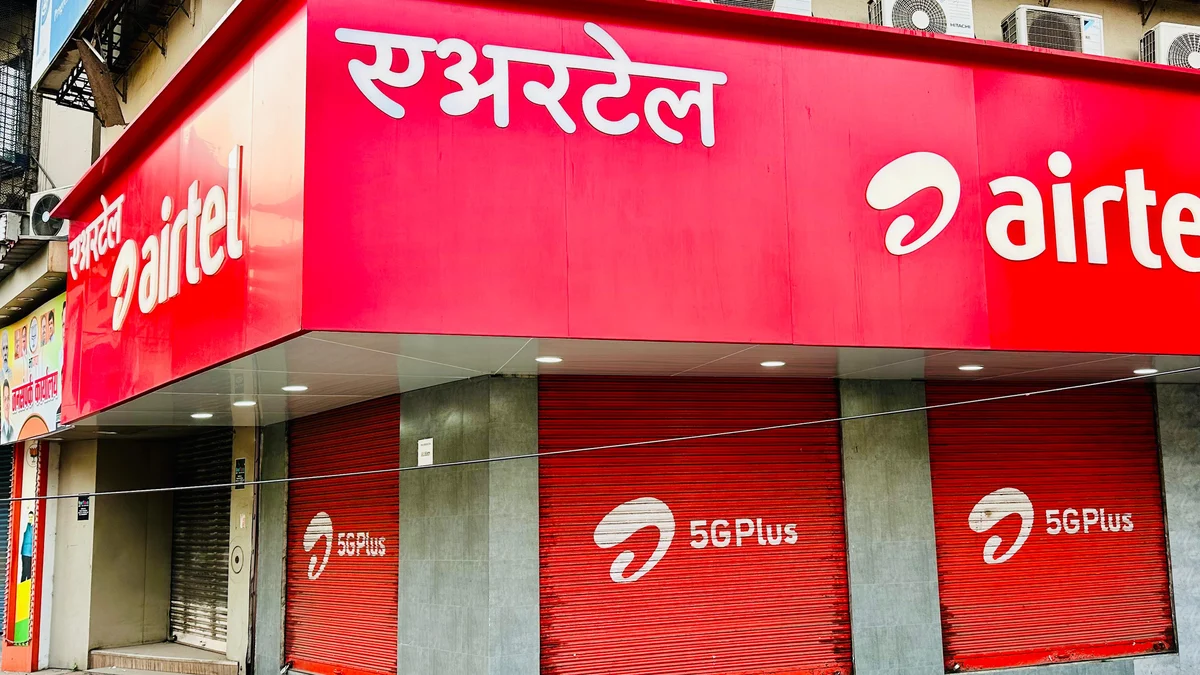Singapore Launches Project Moonshot to Combat Security Risks in Generative AI

Singapore has recently unveiled a cutting-edge toolkit known as Project Moonshot, designed to address the emerging challenges related to security and safety in large language models (LLMs) that utilize generative artificial intelligence (AI).
The advanced initiative focuses on providing a set of analysis and testing tools tailored specifically for evaluating and mitigating the potential risks inherent in these AI systems. The toolkit is expected to play a crucial role in ensuring that AI technologies operate within safe parameters, avoiding inadvertent harm or exploitation.
Project Moonshot represents Singapore’s proactive stance in the realm of AI, where it aims to lead by example in establishing robust security practices for these powerful AI models. By developing this suite of tools, Singapore underscores its commitment to safeguarding user data and other sensitive information from potential AI-related vulnerabilities.
The introduction of Project Moonshot adds to the global conversation about the necessity of stringent safeguards for AI systems, particularly as they grow more sophisticated and integrated into various sectors. It also highlights the strategic approach taken by nations in building trust in AI technologies and tackling the complex challenges they present. This concerted effort showcases how innovations in AI must be paralleled with significant strides in the field of security to harness the full potential of these transformative technologies.
Most Important Questions and Answers:
1. What are the significant security risks in generative AI?
Generative AI, particularly large language models, can pose significant risks such as generating biased or harmful content, creating deepfakes that can mislead or defame individuals, and inadvertently disclosing sensitive data embedded in their training datasets.
2. Why is a project like Moonshot necessary?
Project Moonshot is deemed necessary to proactively identify and mitigate potential security vulnerabilities in AI systems before they are exploited, thereby ensuring the safe and responsible use of AI.
3. What impact does Project Moonshot have on the global AI community?
The launch of Project Moonshot by Singapore can serve as a benchmark for other nations and organizations to develop or adopt similar security frameworks, fostering a global standard for AI security practices.
Key Challenges or Controversies:
Technical Complexity: Developing tools capable of addressing the vast array of potential security threats in generative AI is a highly complex endeavor, as the technology and potential exploits continually evolve.
Ethical Implications: There’s a need to balance between preventing misuse of AI and maintaining the freedom for AI research and development.
International Collaboration: Security risks in AI are a global issue, and there is controversy regarding the level of international cooperation necessary to tackle these challenges effectively.
Advantages:
– Project Moonshot can lead to safer AI systems by preventing harmful applications of AI.
– It can also bolster the public’s trust in AI technologies by demonstrating commitment to security.
Disadvantages:
– The development of such security tools can be resource-intensive and might not keep pace with the advancement of AI technologies.
– There might be a risk of overregulation, which could stifle innovation in the AI field.
Related Links:
To learn more about initiatives and developments in AI technologies, you can visit the websites of leading AI research organizations and institutions such as OpenAI or DeepMind. For information on global AI policies and governance, an organization such as Partnership on AI is also relevant.



